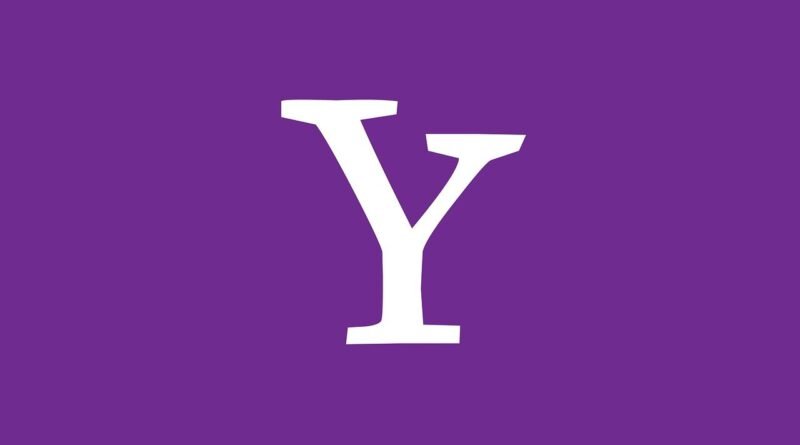Yahoo Japan Unleashes AI Mandate: All 11,000 Employees to Integrate Generative AI for a Productivity Revolution
In a bold move signaling a new era of corporate efficiency, Yahoo Japan has announced a sweeping mandate requiring all of its 11,000 employees to integrate generative artificial intelligence (AI) into their daily workflows. The ambitious directive aims to double the company’s overall productivity by 2028, positioning Yahoo Japan at the forefront of AI adoption in the global tech landscape.
This isn’t merely an encouragement; it’s a fundamental shift in operational strategy. From the executive suites to the front lines, every employee at the Japanese internet giant, which also operates the popular LINE messaging app, is now tasked with leveraging AI tools to streamline, optimize, and enhance their work.
Targeting the Routine for Revolutionary Gains
Yahoo Japan’s strategy begins by targeting tasks that often consume a significant portion of an employee’s day – an estimated 30% of collective work hours, according to company estimates. These include routine yet time-consuming activities such as:
- Information search and retrieval: AI will be used to quickly sift through vast datasets and provide relevant information, reducing manual research time.
- Document drafting and summarization: From internal memos to reports, generative AI will assist in creating initial drafts, summarizing lengthy documents, and proofreading for accuracy and clarity.
- Meeting documentation: AI tools will be deployed to transcribe discussions, generate concise summaries, and even help create agendas, freeing up valuable time that would otherwise be spent on administrative tasks.
- Expense management: Internal AI tools, such as the already developed “SeekAI,” will automate the processing of expense claims and data searches using prompt templates.
- Competitive analysis: AI will assist in processing large datasets to identify market trends, competitor strategies, and other critical business insights.
By automating these foundational and repetitive tasks, Yahoo Japan aims to liberate its human talent, allowing employees to redirect their focus towards higher-level decision-making, creative problem-solving, strategic discussions, and more complex intellectual endeavors. The underlying philosophy is to shift from “doing” to “thinking and innovating.”
A Strategic Bet on AI’s Transformative Power
This comprehensive mandate underscores Yahoo Japan’s strong belief in the transformative potential of generative AI. The company views widespread AI adoption as a crucial driver for continuous innovation, both in its internal developments and its external services. The three-year timeline for doubling productivity highlights the urgency and competitive pressure in the rapidly evolving digital landscape.
While the notion of mandating AI use might seem radical, it aligns with a growing trend among tech giants. Companies like Shopify have already established AI use as a “baseline expectation,” with teams needing to demonstrate why AI cannot accomplish a task before requesting additional resources. Amazon has taken an even more aggressive stance, openly linking workforce reductions to AI-driven efficiency gains and even requiring employees in some divisions to demonstrate AI usage for promotion eligibility.
Challenges and the Path Forward
However, the path to a 100% productivity gain via AI is not without its challenges. While proponents highlight significant time savings and efficiency improvements, some studies and early adopter experiences suggest mixed outcomes. Concerns include the time required to double-check AI outputs for inaccuracies or “hallucinations,” and the potential for over-reliance on AI to degrade critical thinking skills over time. Employee reactions, particularly regarding job security, will also be a key factor to monitor.
Yahoo Japan’s initiative will likely serve as a significant test case for whether a company-wide, mandatory integration of AI can deliver on its ambitious productivity promises. The company plans to monitor progress through metrics such as time saved and output quality, adjusting its approach as needed.
This bold move by Yahoo Japan is a clear signal that AI is no longer just an optional tool but is rapidly becoming an essential component of modern corporate strategy. As companies worldwide grapple with the imperatives of digital transformation, Yahoo Japan’s experiment will offer valuable insights into the opportunities and complexities of embedding AI at the very core of organizational operations. The message is clear: the future of work is intertwined with artificial intelligence, and employees are increasingly expected to embrace it as the new standard.

